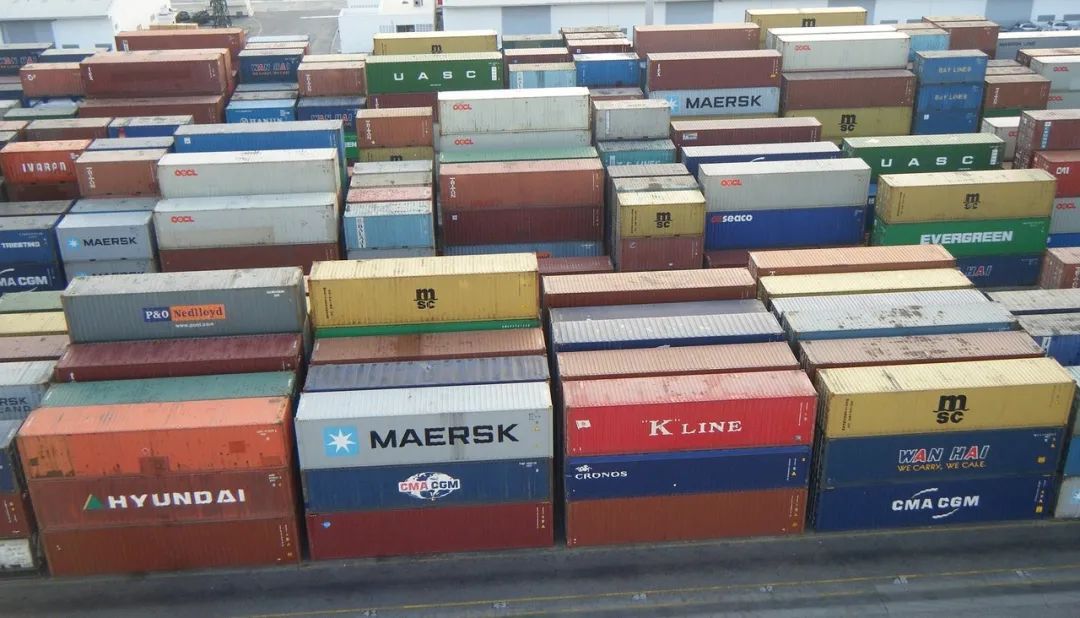Dry goods | What kinds of "sensitive goods" are often referred to by freight forwarders?
In the work of freight forwarding, we often hear "Sensitive goods"This word. But which goods are classified as sensitive goods? What should be paid attention to for sensitive goods?
In the international logistics industry, according to convention, goods are often divided into three categories:Contraband, Sensitive and General. Contraband goods are strictly forbidden to be shipped. Sensitive goods must be transported in strict accordance with the requirements of different goods, and general goods can be shipped normally.

01 What is sensitive goods?
The definition of sensitive goods is relatively complicated, it is goods between general goods and prohibited goods. In international transportation, there is a strict distinction between sensitive goods and goods that violate the ban.
"Sensitive goods" generally refer to goods subject to statutory inspection (legal inspection) (including those in the catalog of legal inspection—the export supervision conditions have B, and the commodities outside the catalog of legal inspection). Such as: animals and plants and animal and plant products, food, beverages and wine, certain mineral products and chemicals (especially dangerous goods), cosmetics, fireworks and lighters, wood and wood products (including wooden furniture), etc.
Generally speaking, sensitive goods are only products that are prohibited from boarding or strictly controlled by the customs. Such products can be safely and normally exported and declared at the customs. Generally, it is necessary to provide corresponding test reports and use packaging that meets their special properties. Find a strong Freight forwarding company for transportation.

02 What are the common types of sensitive goods?
01 Batteries
Batteries, including goods with batteries. Because the battery is easy to cause spontaneous combustion, explosion, etc., it is dangerous to a certain extent and affects the safety of transportation. It is a restricted cargo, but it is not a contraband. It can also be transported through strict special procedures.
For battery goods, the most common thing is to do MSDS instructions and UN38.3 (UNDOT) test certification; battery goods have strict requirements for packaging and operation procedures.
02 Various foods and medicines
All kinds of edible health products, processed foods, condiments, grains, oilseeds, beans, skins and other types of food and traditional Chinese medicines, biological drugs, chemical drugs and other types of drugs involve biological invasion. In order to protect their own resources, countries In international trade, a compulsory quarantine system is implemented for such goods, which may be classified as sensitive goods without a quarantine certificate.
The fumigation certificate is one of the most commonly used certificates for this kind of goods, and the fumigation certificate is one of the CIQ certificates.
03 CD, CD, books and periodicals
Printed books, CDs, CDs, films, etc. that damage the national economy, politics, moral culture or involve state secrets, as well as goods with computer storage media are more sensitive whether imported or exported.
When this type of goods is transported, it needs to be certified by the National Audio-Visual Publishing House, and the producer or exporter should write a letter of guarantee.
04 Unstable items such as powder and colloid
Such as cosmetics, skin care products, essential oils, toothpaste, lipstick, sunscreen, beverages, perfume and so on.
During transportation, such items are extremely volatile and vaporized due to packaging or other problems, and may explode due to collision and extrusion heat, and are restricted items in cargo transportation.
Such products usually need to provide MSDS (chemical safety data sheets) and commodity inspection reports at the port of departure before they can be declared.
05 sharp objects
Sharp products and sharp weapons, including sharp kitchen utensils, stationery and hardware tools, are sensitive goods. Toy guns that are more imitated will be classified as weapons, and they will be regarded as contraband and cannot be mailed.
06 imitation brand
Products with brands or counterfeit brands, whether genuine or counterfeit, are often involved in the risk of legal disputes such as infringement, and need to go through sensitive goods channels.
Counterfeit brand products are infringing products and need to pay for customs declaration.
07 Magnetic items
Such as charging treasures, mobile phones, watches, game consoles, electric toys, razors, etc., electronic products that usually produce sound also contain magnetism.
The scope and types of magnetic items are relatively wide, and it is easy for customers to mistakenly believe that they are not sensitive items.
Summarize:
Since the destination ports have different requirements for sensitive goods, they have higher requirements on the capabilities of customs clearance and logistics service providers. The operation team needs to prepare in advance the relevant policies and certification information of the actual destination country. For the cargo owner, for the transportation of sensitive goods, it is necessary to find a strong logistics service provider. In addition, the transportation price of sensitive goods will be correspondingly higher.




















